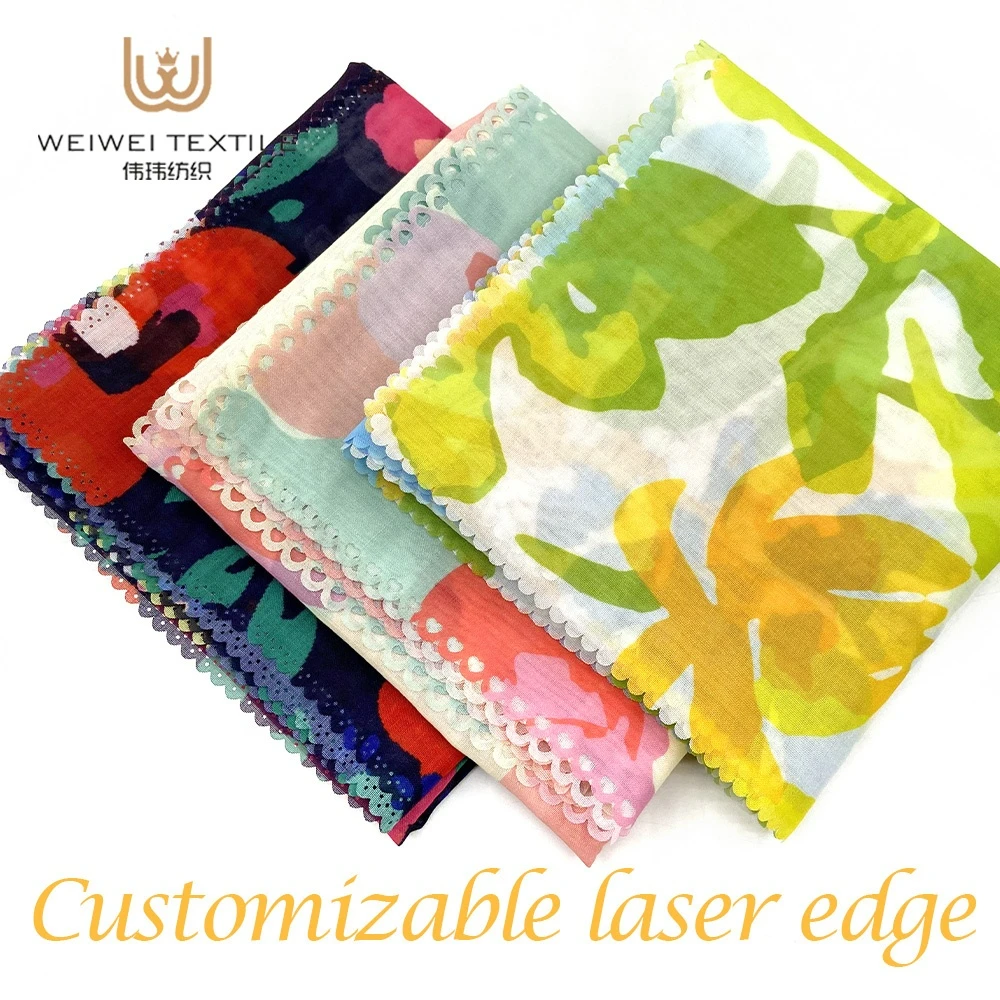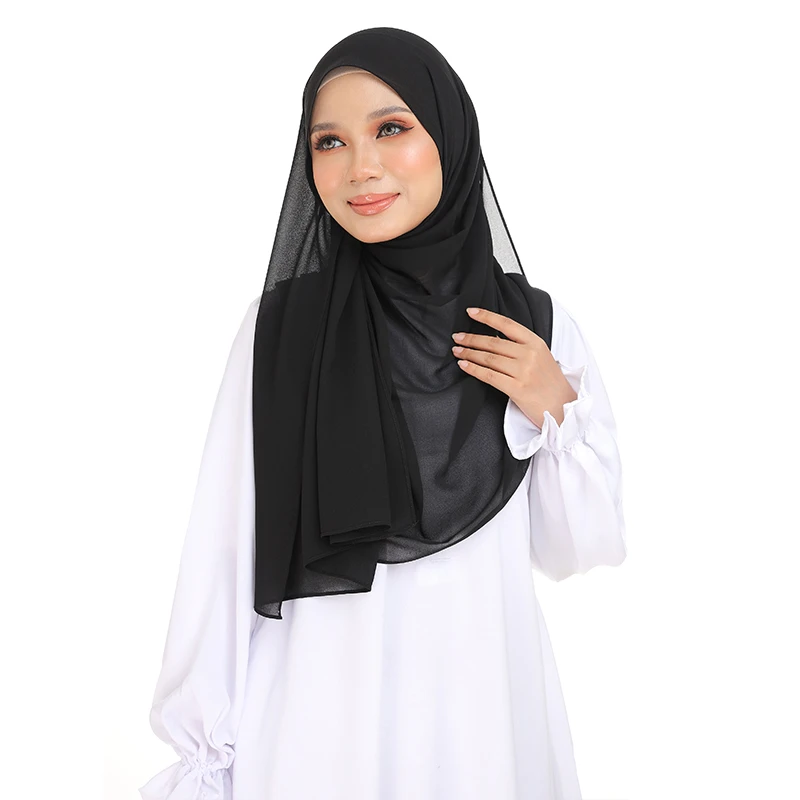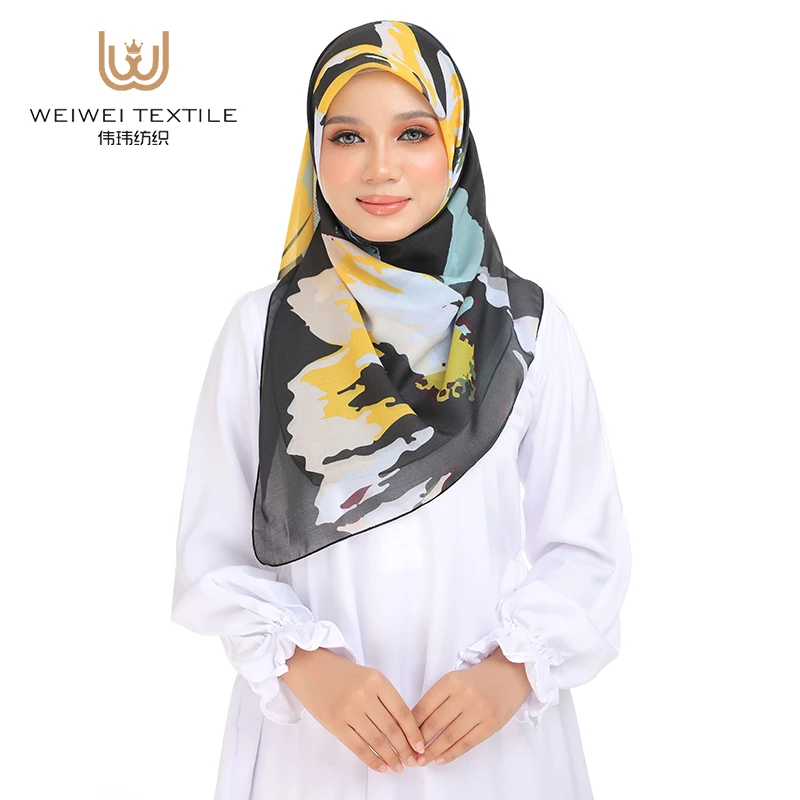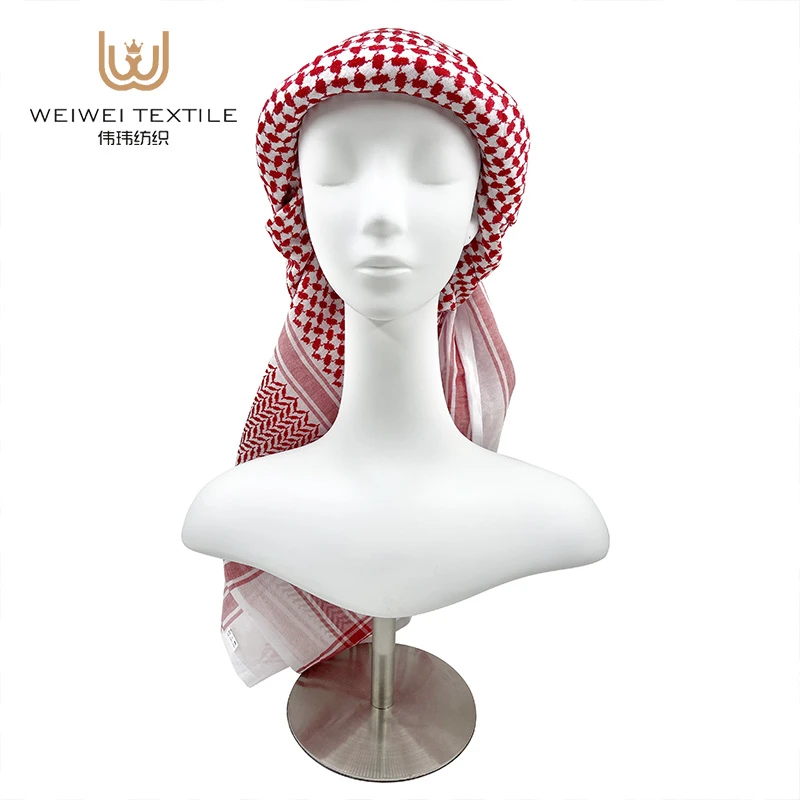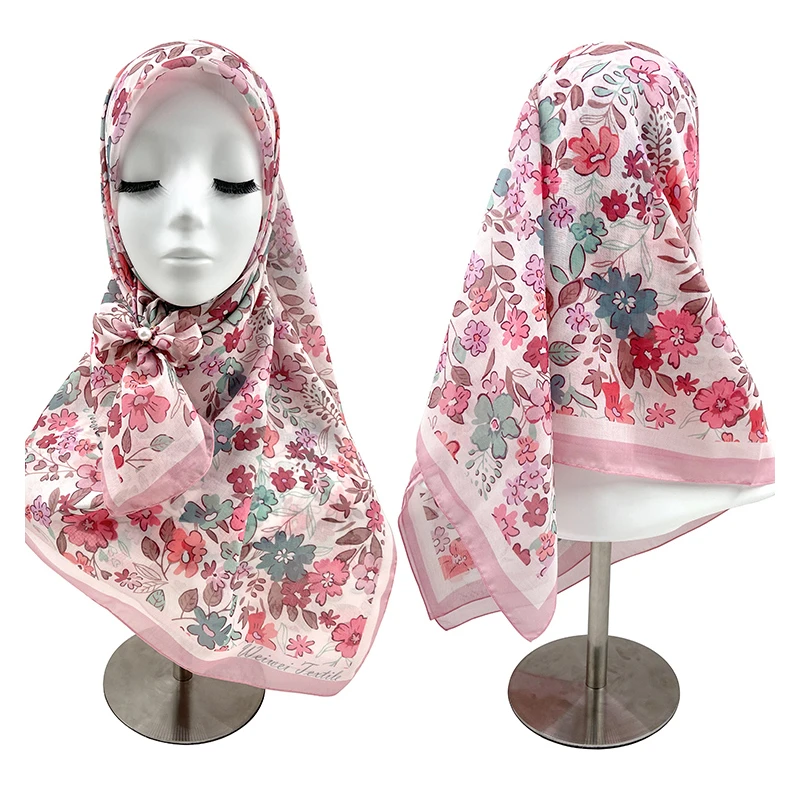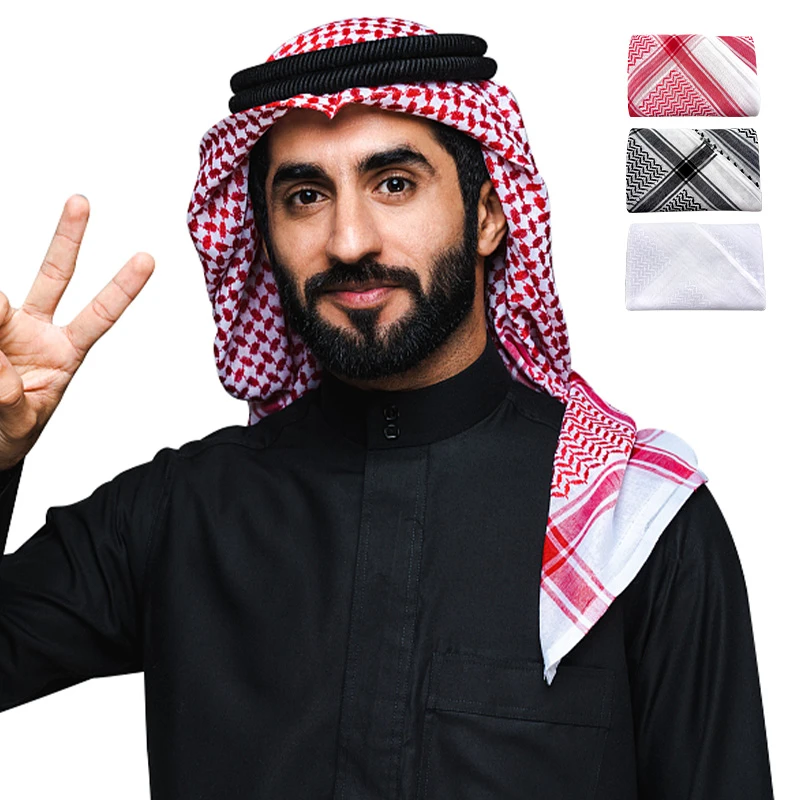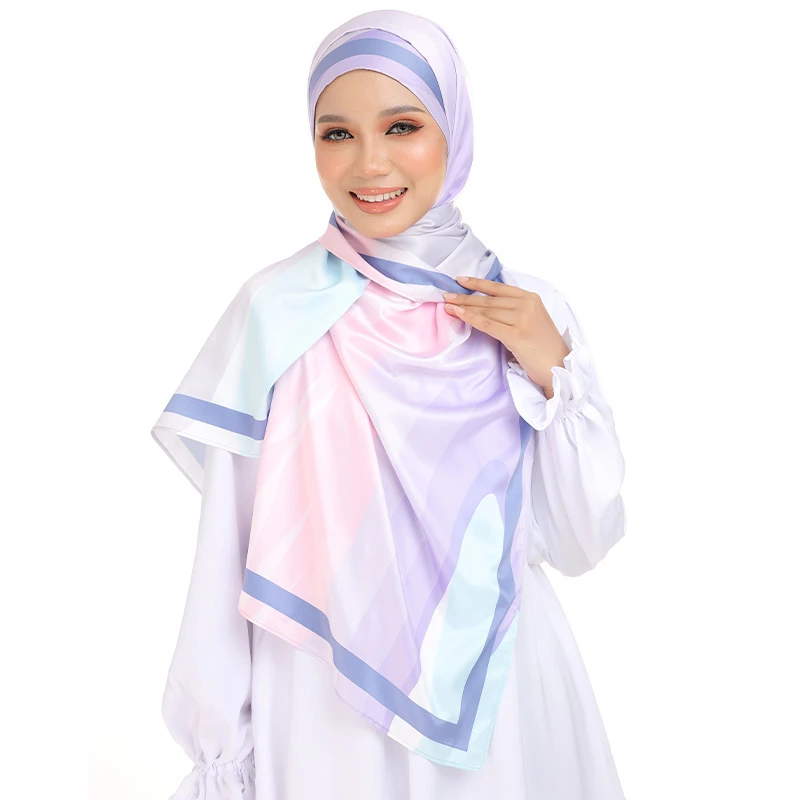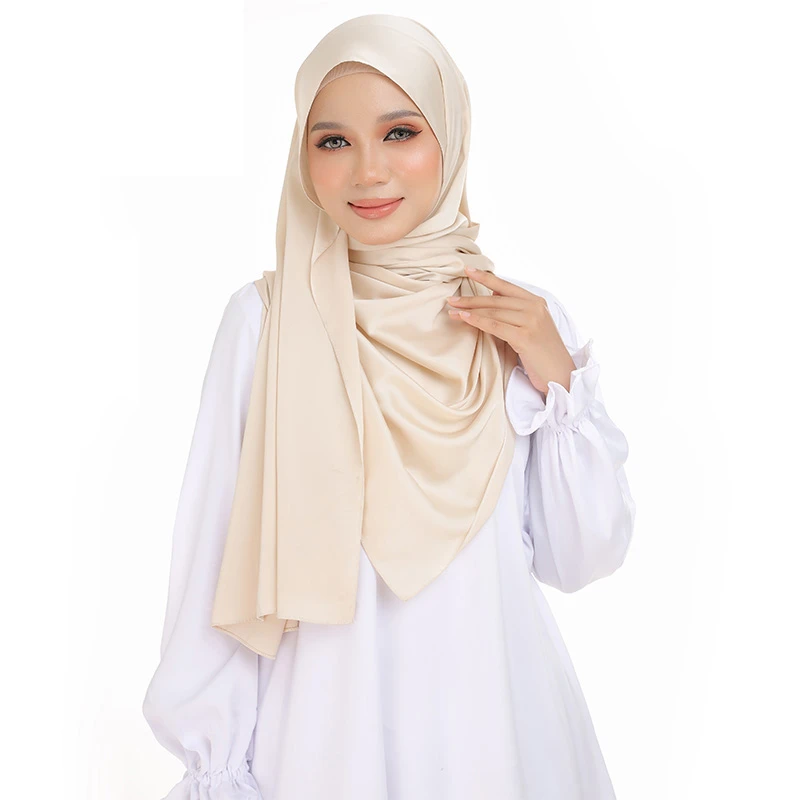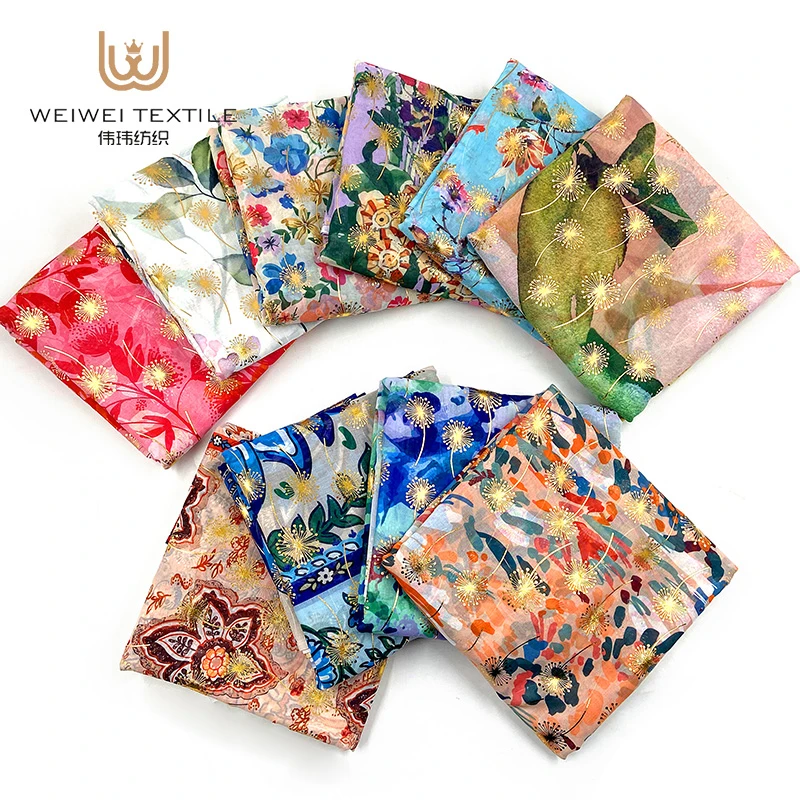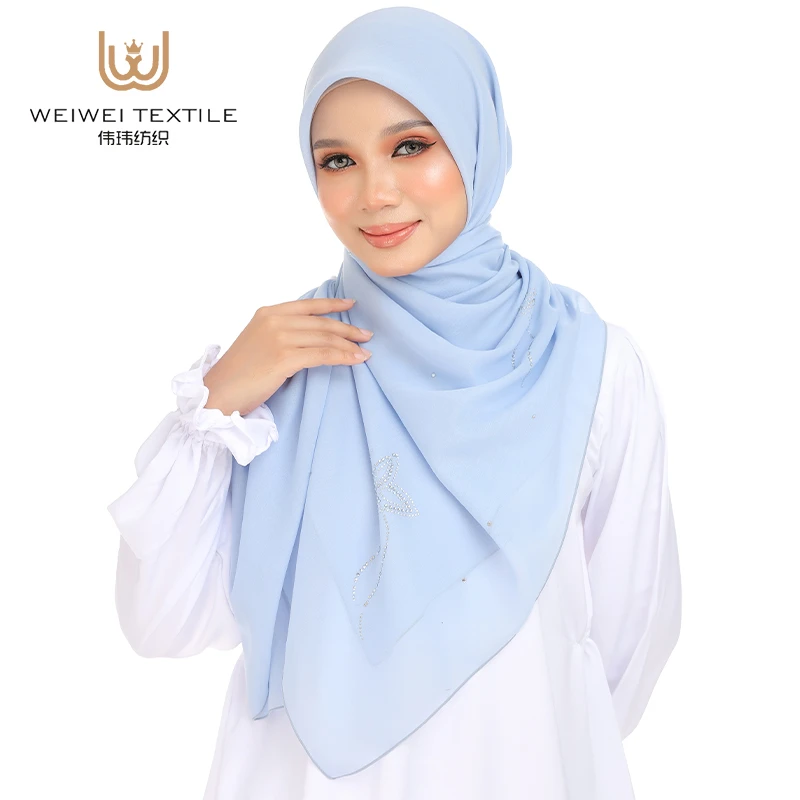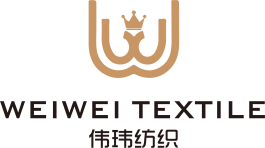Oct . 25, 2024 17:33 Back to list
The Cultural Importance of the Keffiyeh
The Keffiyeh is more than just a piece of fabric—it holds deep historical and cultural significance, especially among Arab men. For centuries, this iconic garment has been used for practical purposes, such as protection against harsh desert climates, but it also serves as a symbol of identity, tradition, and pride. The men's headscarf is now worn across various regions of the Middle East, symbolizing much more than its original protective function.
Men's Headscarf: A Practical and Symbolic Garment
The men's headscarf, or Keffiyeh, is often seen in the Arab world as an essential item of clothing. It provides protection against the sun, wind, and sand, making it a functional garment for those living in desert regions. However, beyond its practical uses, the men's headscarf holds great symbolic value. For many, it represents a connection to their heritage and serves as a visible marker of cultural identity.
Worn in various styles and colors, the Keffiyeh can also indicate the wearer's tribal affiliation or social status. The arabic head scarf male variations are often region-specific, with different patterns and color schemes signifying different tribes or countries.
Arabic Head Scarf Male: A Deep Cultural Heritage
The arabic head scarf male has been worn for centuries, originally by Bedouins and farmers in the desert to protect against the harsh elements. Over time, the arabic head scarf male has become a broader symbol of Arab identity, especially within the Palestinian context, where it is also known as the Islamic Shemagh or Keffiyeh. Traditionally, the black-and-white checkered Islamic Shemagh is closely associated with Palestine, but various color combinations have different meanings across the Arab world.
Today, wearing the arabic head scarf male serves as both a practical measure and a statement of cultural pride, linking the wearer to a long history of Arab traditions.
Islamic Male Head Scarf: Connection to Faith and Identity
The Islamic male head scarf is not only a symbol of Arab culture but also carries religious significance for many. In Islam, modesty is a core value, and the Islamic male head scarf can serve as a practical extension of that principle. While the Keffiyeh is not strictly religious attire, it aligns with the modest dress codes commonly followed by Muslim men in various Islamic societies.
The Islamic Shemagh, in particular, is often worn by men in Arab nations, where it also carries a message of solidarity and unity. By donning the Islamic male head scarf, individuals express their connection to both their cultural and religious identities, strengthening their sense of belonging.
Islamic Shemagh: A Symbol of Resilience
The Islamic Shemagh, or Keffiyeh, has become a powerful symbol of resilience, particularly in regions facing political struggles. For Palestinians, the black-and-white Islamic Shemagh has evolved into a symbol of national identity and resistance. Historically worn by rural farmers, the Islamic Shemagh was later adopted by revolutionaries and political leaders, further embedding it as a symbol of defiance and perseverance in the face of adversity.
Throughout the Arab world, the Islamic Shemagh is more than just a piece of clothing—it represents a collective memory of struggle and resilience that transcends borders and cultures.
Male Head Scarf Arab: A Modern Revival of Tradition
In modern times, the male head scarf arab has experienced a revival, not only as a functional garment but also as a fashion statement. The rise of global fashion trends has seen designers incorporating the male head scarf arab into contemporary styles, blending tradition with modern aesthetics. While its original use remains vital in desert regions, the male head scarf arab is now worn by men all over the world, as an emblem of cultural pride and a stylish accessory.
From protecting against the desert sun to symbolizing unity and cultural heritage, the male head scarf arab has managed to retain its cultural importance while also adapting to modern fashion and functionality.
Islamic Shemagh continues to play an important role in Arab society, bridging the past with the present. It serves as both a functional item and a cultural symbol, representing the rich history, resilience, and identity of Arab men. Whether worn for practical purposes in the desert or as a marker of cultural and political significance, the men's headscarf remains a powerful emblem of Arab heritage.
-
Traditional Tudung Designs in Malaysia
NewsJul.25,2025
-
The Spiritual Significance of Satin in Muslim Attire
NewsJul.25,2025
-
The Right Way to Wear Arab Scarves for Muslim Women
NewsJul.25,2025
-
Zikr Bead-Infused Cotton Voile for Continuous Remembrance
NewsJul.11,2025
-
The Cultural Significance of Tudung in Malaysia
NewsJul.11,2025
-
Satin Hijabs as an Expression of Faith in Daily Life
NewsJul.11,2025




